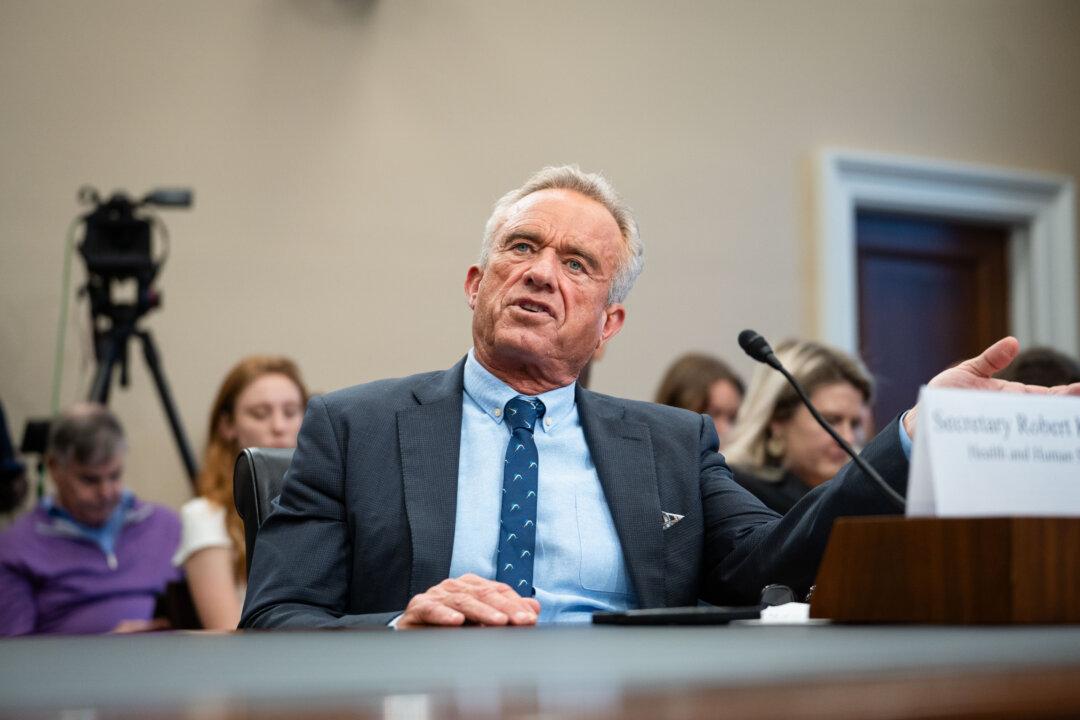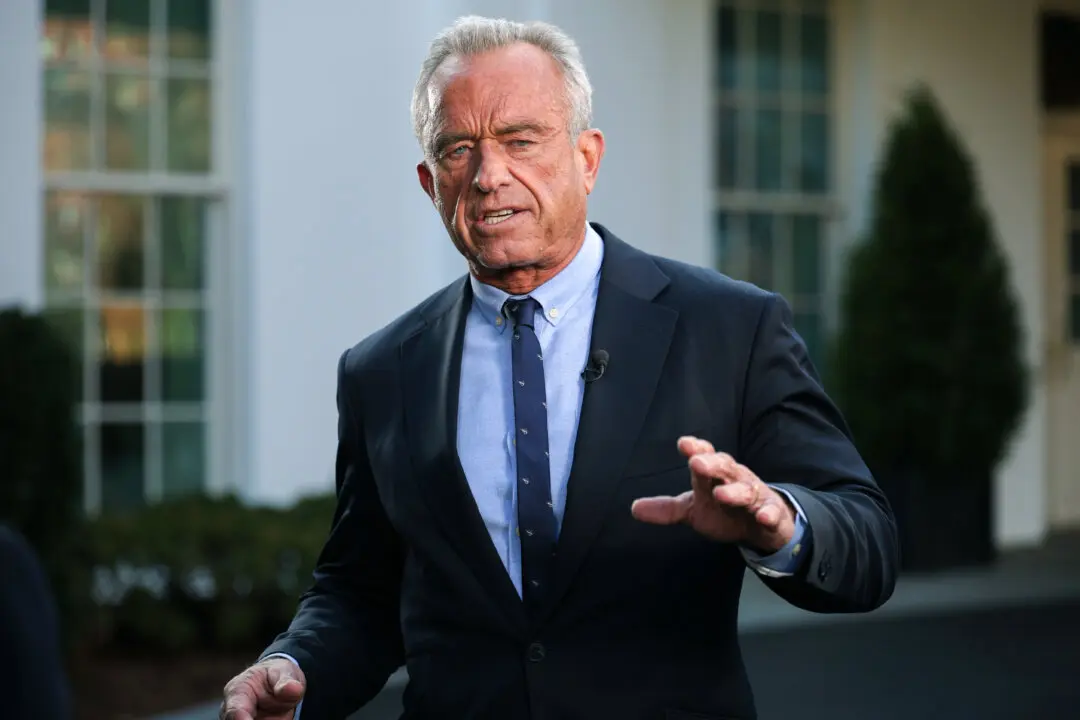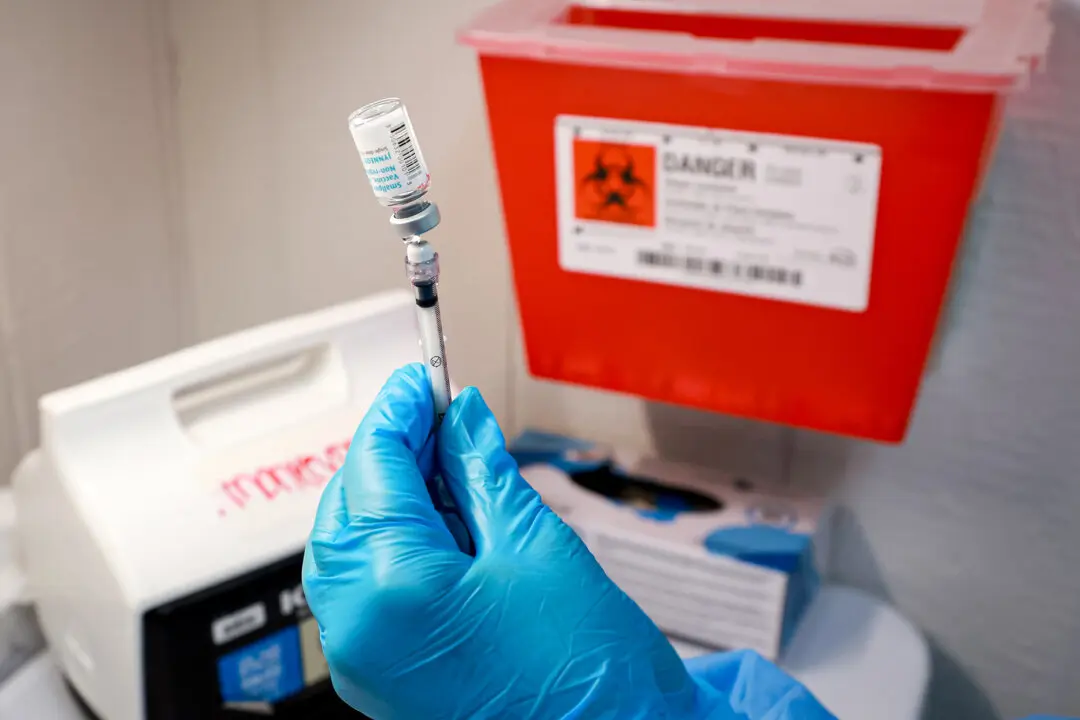Health Secretary Robert F. Kennedy Jr. on May 14 told a House of Representatives committee that the Department of Health and Human Services (HHS) will spend money that Congress allocates to the agency.
“If you appropriate me the funds, I’m going to spend them,” Kennedy told the House Appropriations Committee during a hearing on Capitol Hill in Washington.





